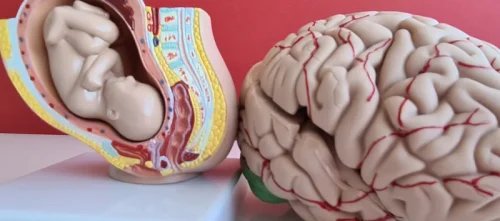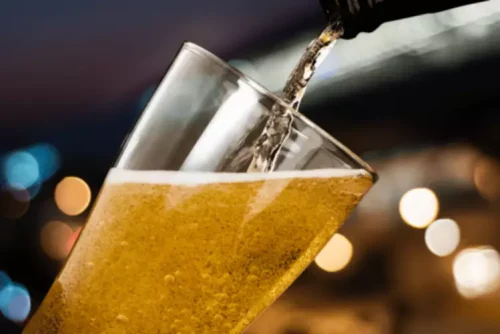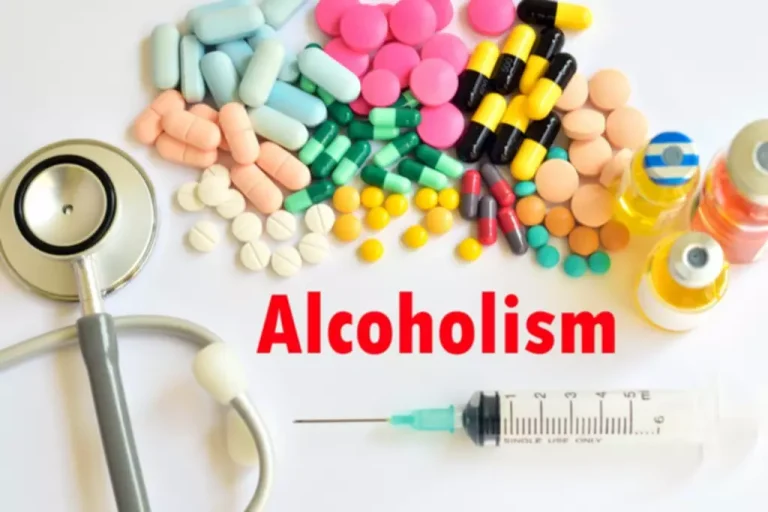
Marijuana is often thought of as not being “as bad” as other drugs and, in some cases, even good for you. However, marijuana can be harmful to teens because their brains are still developing. Marijuana use in teens is linked to difficulty with problem-solving, memory and learning issues, impaired coordination, and problems with maintaining attention.
What is considered 1 drink?
Many parents discovered an alcohol problem when they found alcohol in their son’s or daughter’s room. Hiding places could be inside cushions, under the bed, behind shelves, in empty suitcases, and more. You can also look in the recycling bins to see if more trash has accumulated or if there are empty bottles or cans that you know are not yours. Sian Ferguson is a freelance health and cannabis writer based in Cape Town, South Africa.

I’m In Recovery
- The Consumer Healthcare Products Association and its partners respects the privacy of personal information you choose to provide through this site.
- Consider talking with someone who has had a problem with drinking but has stopped.
- Screening youth for alcohol use and AUD is very important and may prevent problems down the road.
- This disorder also involves having to drink more to get the same effect or having withdrawal symptoms when you rapidly decrease or stop drinking.
Parents and teachers can play a meaningful role in shaping youth’s attitudes toward drinking. Parents, in particular, can have either a positive or negative influence. The percentage of pure alcohol, expressed here as alcohol by volume (alc/vol), varies within and across beverage types. Although the standard drink amounts are helpful for following health guidelines, they may not reflect customary serving sizes.
What Are the Signs a Teen Is Using Drugs?

If your child shows signs of alcoholism, or changes in behavior due to increasing alcohol abuse, contact a treatment provider today. Providers can guide parents and concerned teens to the right facility with adolescent treatment programs and cutting-edge therapies. Spotting and diagnosing an alcohol use disorder is most effectively achieved by measuring alcohol’s harmful effects on a person’s life.
- When you have to drink a lot more than usual to feel the same effects, your body has built up a tolerance to alcohol.
- If there is no clear evidence of abuse, families should contact their primary health care physician to rule out a physical problem.
- Hence, inpatient or residential treatment for teen alcoholism is often necessary for sustainable recovery.
- We’re here 24/7 to help guide you or your loved on through rehab and recovery.
- Knowing the warning signs of alcohol use disorder can help you recognize them in yourself or those around you.
- Alcohol abuse can lead to an array of issues, affecting both your personal and professional life.
- Alcohol is the most frequently used drug by teens in the United States.
How effective are residential treatment centers for teens suffering from anxiety and mild substance abuse?
It is best to discuss the agenda and direction of the intervention with those attending beforehand and consider seeking professional help from a mediator, support group, or addiction treatment center. Though this spectrum offers a good measuring post to classify and diagnose alcoholism, it does not mean that it is always easy to spot when someone has a drinking problem. Moreover, as alcohol is so widely socially acceptable, these criteria may end up being masked by someone’s general lifestyle. No matter how minor a drinking problem may seem, alcohol abuse symptoms should not be ignored. If you or a loved one is struggling with alcoholism, we’re here to help. Call a treatment provider to find alcohol treatment facilities nearby.
What to Do If You Suspect Your Loved One Has AUD
And don’t worry—even if you do identify symptoms, there are steps you can take to reduce the risk of AUD and other alcohol-related consequences. Separately, the EPA has a longstanding requirement that water systems cannot have more than 4 milligrams of fluoride per liter of water. That standard is designed to prevent skeletal fluorosis, a potentially crippling disorder which causes weaker bones, stiffness and pain.

It should be clearly understood that use of alcohol by any individual under the age of 21 is a serious problem. In most states and local jurisdictions, use of alcohol by underage individuals is illegal, though there are a few exceptions. However, it’s still a good idea to reach out to them — regardless of the cause of their behavior, they may need guidance and support. However, frequent alcohol misuse may eventually lead to AUD, according to the NIAAA. There are five main factors that contribute to a heightened risk for addiction, spelling out the acronym FACTS. If you do have any of these symptoms, then alcohol may already be a cause for concern, and a conversation about alcohol use with a professional is recommended.
Alcohol and Teens
- Teenage alcoholism is a tragically common problem that results in thousands of deaths every year.
- Unhealthy alcohol use includes any alcohol use that puts your health or safety at risk or causes other alcohol-related problems.
- Because the drinking age in the US is 21, alcoholism is often thought to be an adult issue.
- For this reason, it’s best to keep the communication lines open with your teen to help distinguish between normal teen behavior and a possible alcohol abuse issue.
- Avenues Recovery is a community-based drug and alcohol rehabilitation center with locations across the United States.
Teach them how addiction to alcohol can develop as a result of self-medicating and encourage them to openly share their emotional struggles with you or a therapist. As difficult as it may be to acknowledge, it is highly likely that your teenager has tried alcohol at some point. However, many teens manage to successfully hide their alcohol use from parents. Parents may be unaware that their teen is raiding the alcohol cabinet (within their own home or a friend’s house) or having an older sibling purchase alcohol for them. When parents are aware of the warning signs of alcohol consumption, they are better equipped to take action. Signs of teen alcohol abuse also include slipping grades and failure to show up for school, sports, clubs, or other extracurricular activities.
What Parents Should Tell Their Teens About Alcohol
However, it isn’t uncommon for adults to develop an alcohol use disorder (AUD) even if they have not previously had any problematic drinking habits, even occurring in seniors. If you witness any of the above mentioned warning signs and believe your troubled teen has an issue with alcohol, be sure to get help as soon as possible. Even if they don’t have a problem with alcohol teenage alcoholism specifically, they may have other issues that need addressing. Since teenagers don’t always like to divulge too much information to parents, see if they will open up to another close family member or to your family doctor/mental health professional. Alcohol abuse can quickly turn into alcoholism so they need to get help before it turns into a much bigger problem.
- During the teenage years, some adolescents lack confidence and long to fit in with their peers.
- Due to incomplete development of a child/adolescent’s brain, and the level of experience in individuals under the age of 21, they are different from adults across numerous factors.
- A teen who is abusing alcohol may turn away from old friendships in favor of spending time with peers who drink.
- This can lead to serious health implications as well as damaging other aspects of life, and for some, it may lead to alcohol dependence or alcoholism.
- Being on the lookout for drug paraphernalia and signs and symptoms of drug abuse can help adults recognize at-risk teens.
- Doctors diagnose alcohol use disorder (AUD) when a person has two or more of the symptoms listed below.
How to Recognize Alcoholism in Teenagers and Provide Support
Unfortunately, this has the effect of passively enabling the unhealthy behaviors. At this age, a friend’s opinion has power, so it’s more important than ever to keep the lines of communication open with your son or daughter, rather than relying on their friends to intervene. These are behavioral and physical signs that your child could be misusing medications, or using drugs or drinking alcohol. Knowing the signs and symptoms of teen drug use can help you better understand if or when you should consider a teen drug intervention program.

